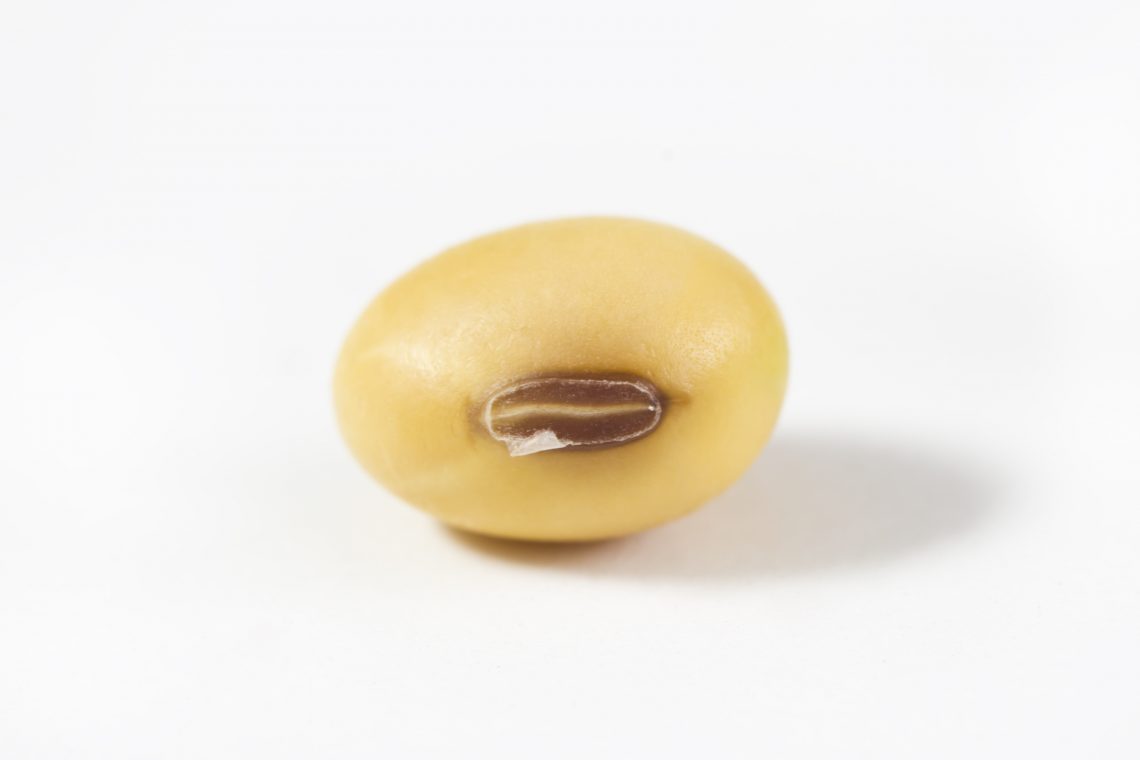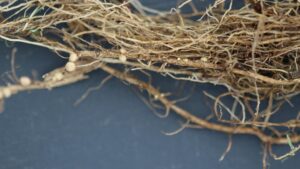Despite industrywide concerns over soybean seed quality going into 2019, Syngenta anticipates growers of NK soybeans will experience minimal to no effect.
The challenging growing season of 2018 left its mark on 2019 grain quality across the U.S. According to the University of Wisconsin Extension, diseases such as stem canker, pod and stem blight, and Phomopsis seed decay lowered soybean seed quality in many regions, while excessive fall rain resulted in a high percentage of pod infection and a delayed harvest that compounded issues.
“Because this is an industrywide challenge, farmers are understandably worried as they prepare for 2019,” says Scott Erickson, NK soybean product manager. “Although few seed companies were immune to nature’s curveballs last year, we’ve taken a number of steps to ensure NK soybean growers can remain confident they’ll still see the consistently strong yields they’ve come to expect.”
One of these is a rigorous seed quality program that grows, cleans and conditions all NK soybean seed to the highest quality standards. From the seed breeder to the final seed delivery, testing also plays a crucial role, with Syngenta operating three internal quality assurance labs and utilizing two third-party testing sites, all to ensure farmers will benefit from the seed’s full yield potential.
An additional benefit for growers of NK soybeans is clear tagging of germination rates, which can be impacted by grain quality. To provide clarity for farmers and help them be confident in their management plans, all NK varieties are tagged by minimum germination rates.
Less than 2 percent of NK seed volume saw germination rates lowered by 2018’s weather challenges. Even then, the yield impact is expected to be virtually non-existent, Erickson said, with no need to plant additional seed to compensate for losses.
“More than 400 research experiments published in scientific journals show that, on average, yield in the Midwest is maximized at a plant density of 104,000 plants per acre, far below what most farmers plant,” he says. “When you add to that our strong commitment to delivering high-quality seed, NK soybean growers should feel confident they’re set up for a strong 2019.”













